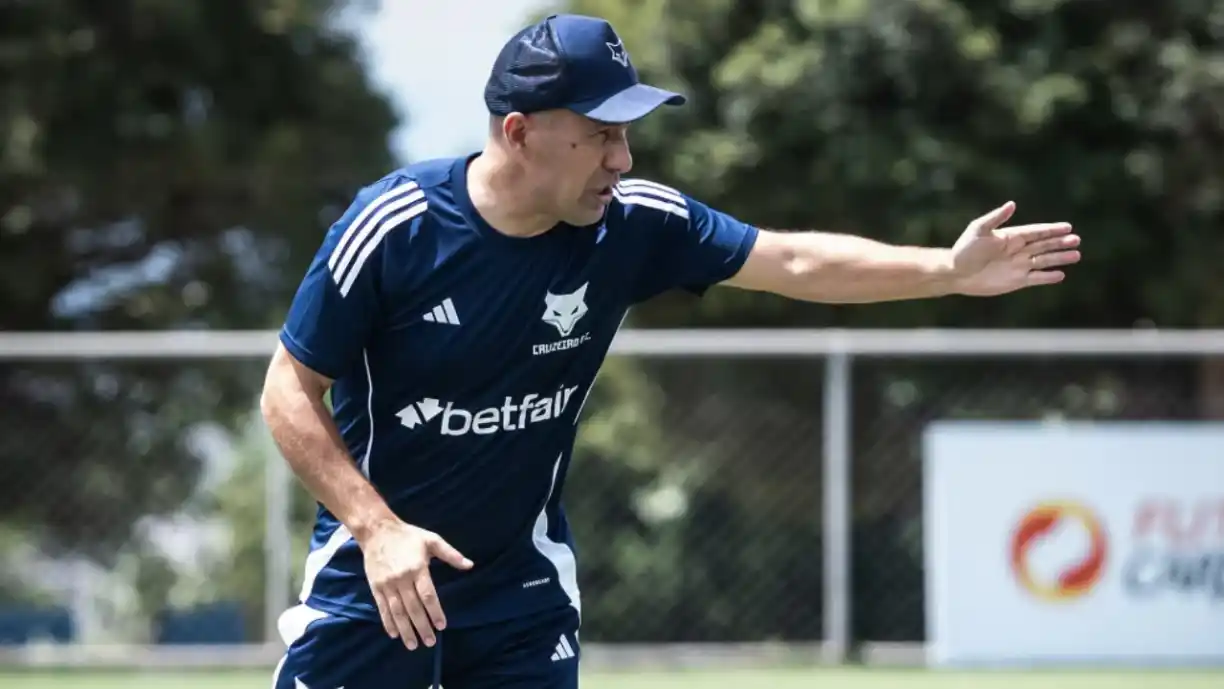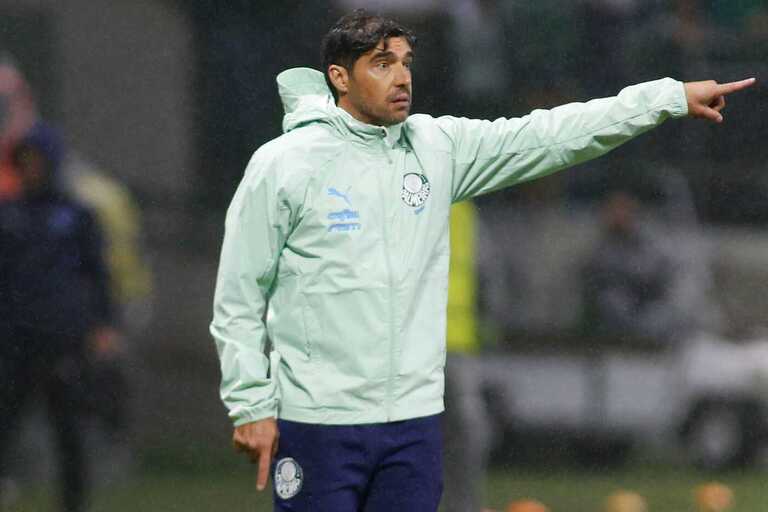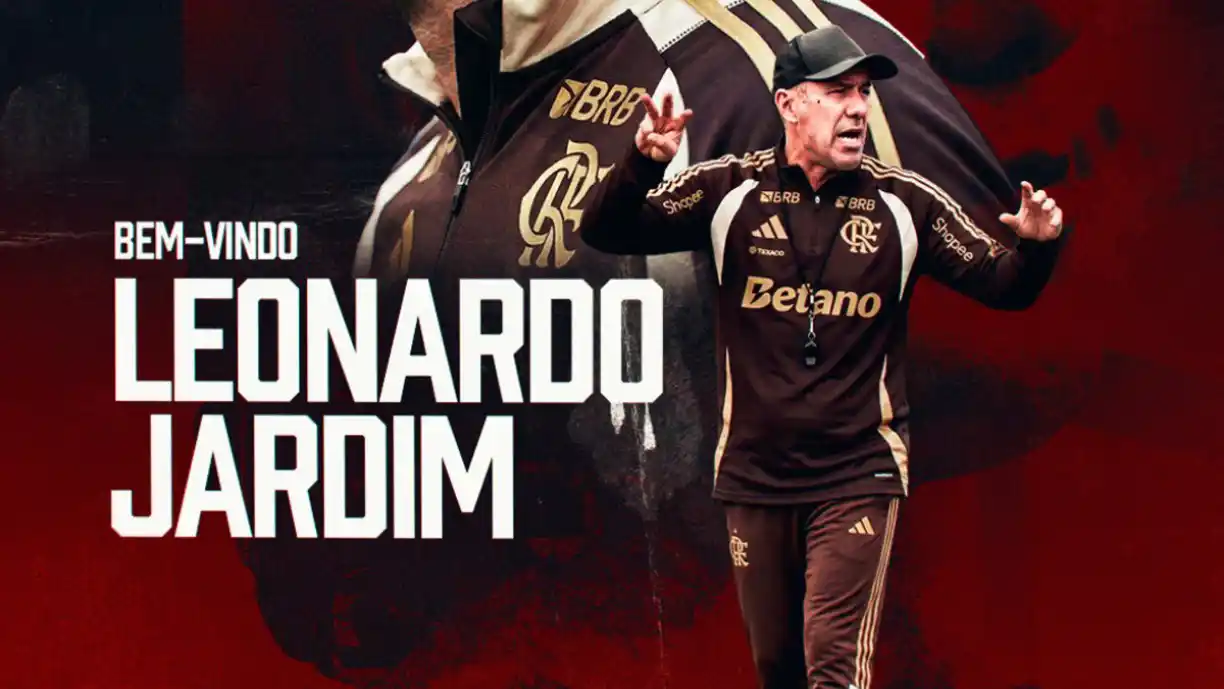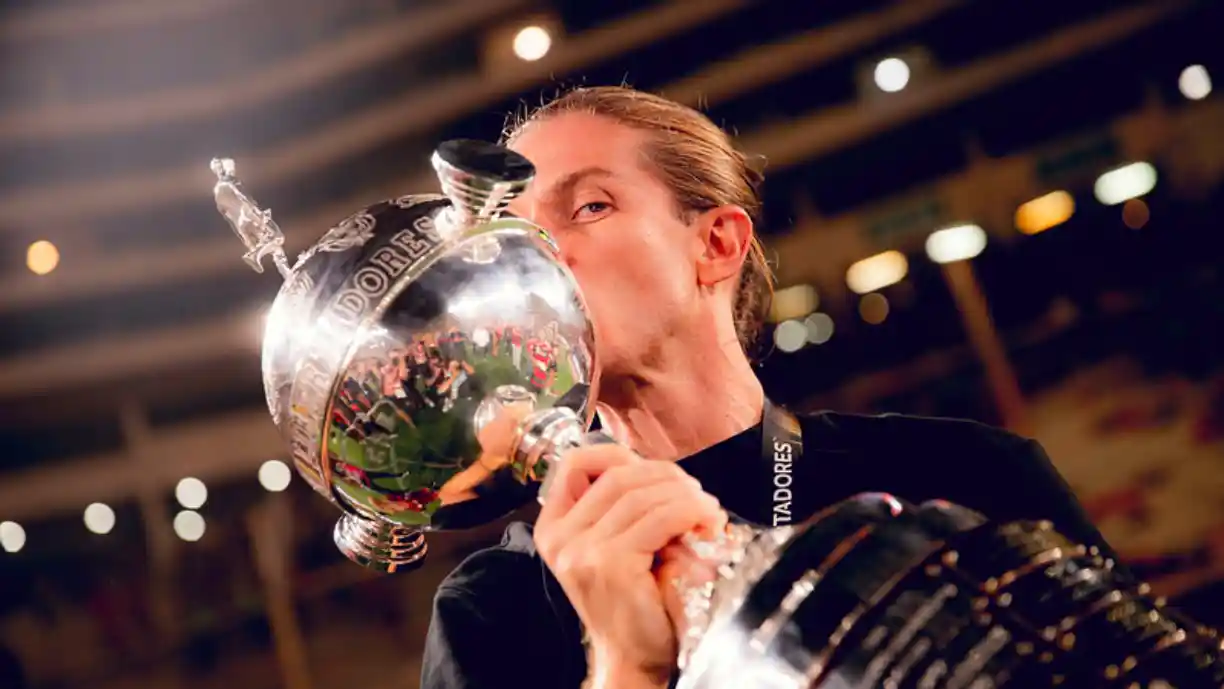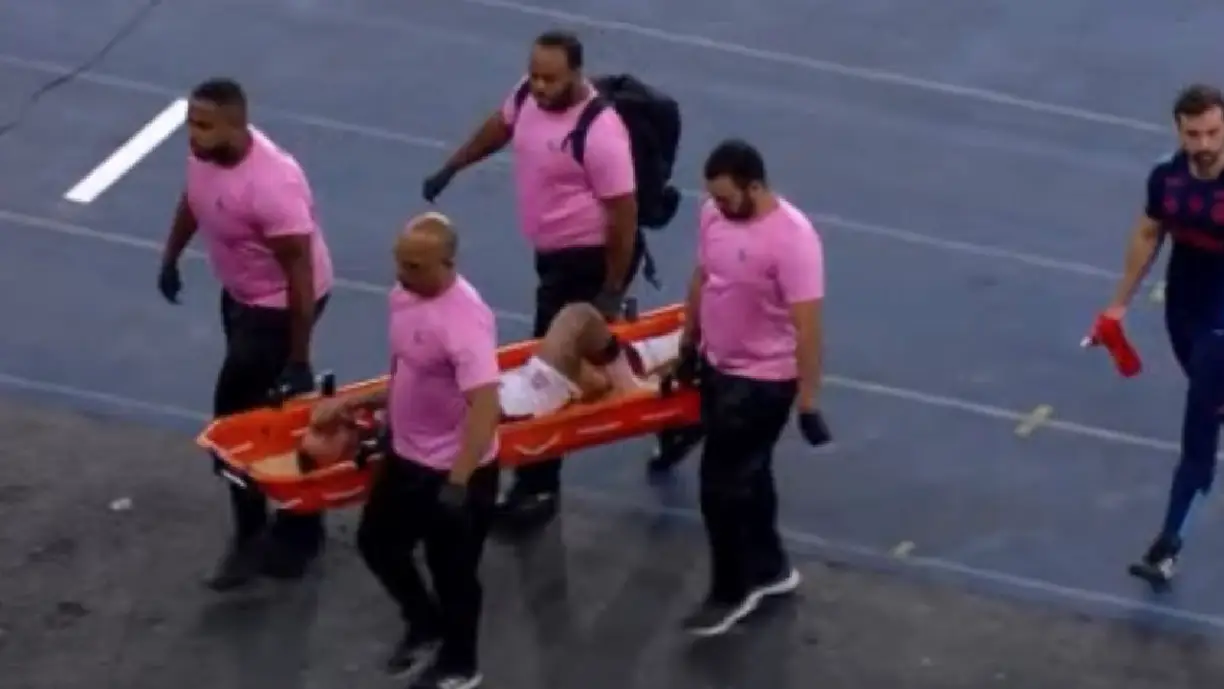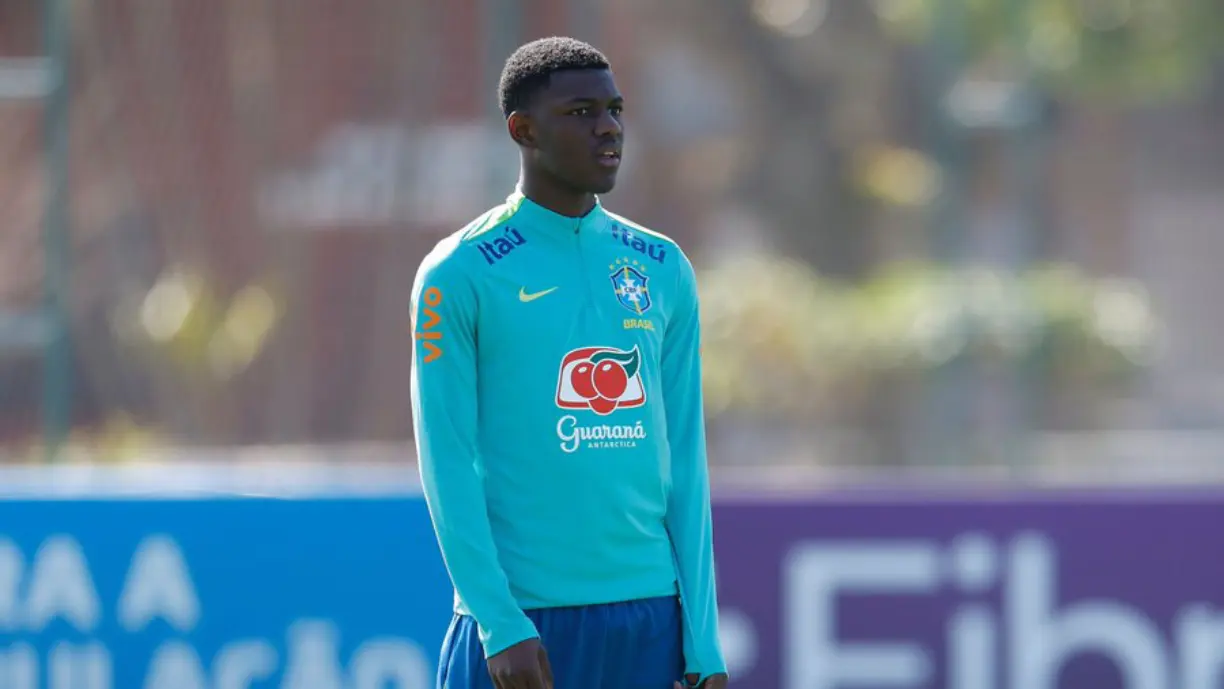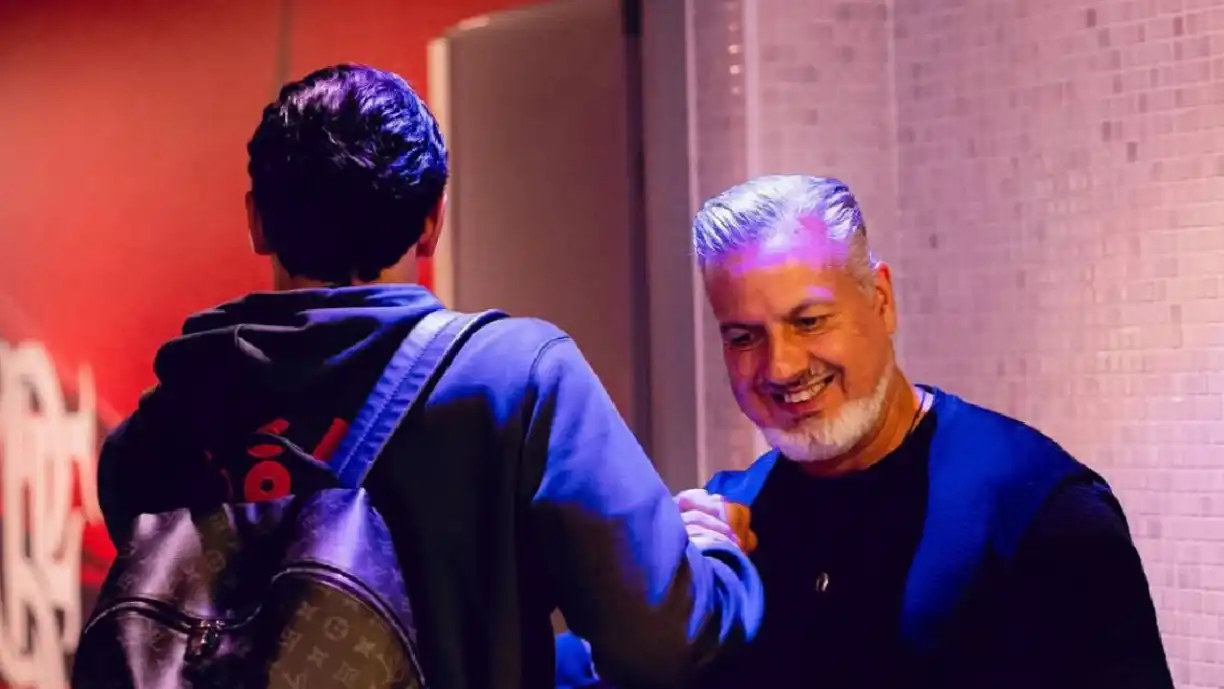Palmeiras beat Bahia on Sunday night (7) by a score of 2-0. After the match, coach Abel Ferreira was asked about the exchange negotiations between Flamengo involving Gabigol and Dudu. Even though he said he learned the news shortly before the game, the coach stated that he will not comment on possible transfers.
“I was aware of this matter before the game. A notice…. I will be consistent with what I have said. I'm not going to talk about speculations, soap operas. I'm only talking about our players. I have also said that the issue of transfers is up to the management. Coach trains, management directs and wardrobe”, said Abel.
Abel was also asked why he didn’t put Dudu on the field, since Palmeirasbeat Bahia. However, he replied that it was a technical option, as the attacker is returning from a serious injury and that it is not related to a possible transfer.
“I have nothing to say about that. You know my opinion, just read what I said back there. I don't count on losing anyone else. Do you know why Dudu didn't come in today? I didn't think he was supposed to come in. Dudu played against Grêmio (in Caxias) on that field… I don't know if I can call it a field. He played 20 or 25 minutes, but it's a field that leaves dents (damage). I've already been clear, I'm counting on all Palmeiras players. And Dudu is. Therefore, I'm counting on Dudu”, commented Abel Ferreira at another time.
DUDU IS IRRITATED WITH THE POSSIBLE EXCHANGE
According to information from UOL, Dudu and his staff are dissatisfied with the way that Leila Pereira, president of Palmeiras, deals with the situation. This is because, the representative of the alviverde team believes that she will put the player in talks with Rubro-Negro to try to release Gabigol.
Thus, Dudu does not wish to leave Palmeiras at this time, but understands that Leila will force you at all costs. Marcos Braz, Flamengo's vice-president of football, is responsible for trying to convince the striker to switch from Alviverde to Rubro-Negro.
